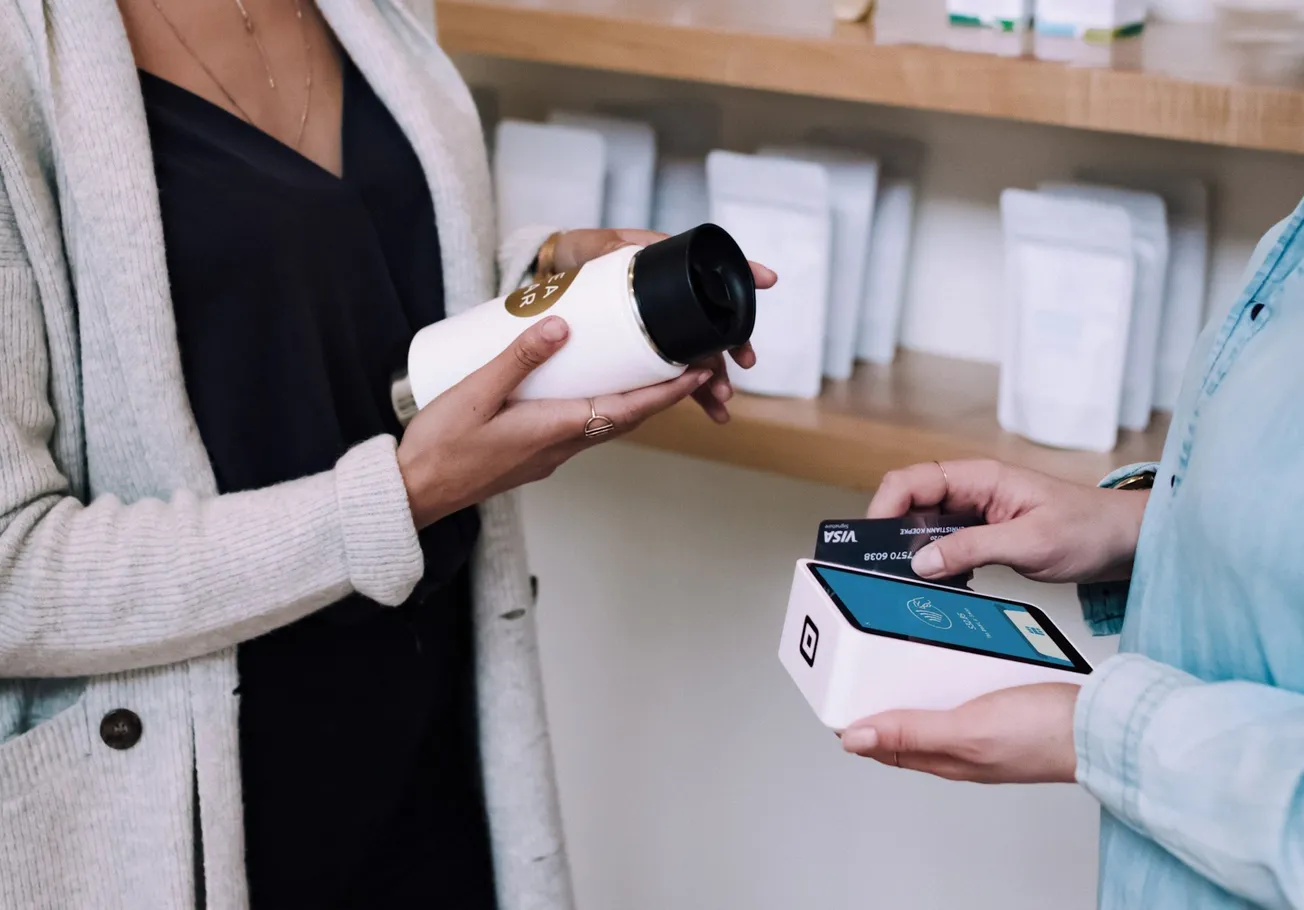Once upon a time, Americans trusted institutions like the government, the media, and big businesses. (Or at least that's what they would have you believe.) However, a new report from the Kearney Consumer Institute (KCI) confirms that whatever trust people once had in those institutions has collapsed. For example, the number of consumers who say they have "complete confidence" in religion/church has fallen from 31% in 2021 to 22% in 2025. Confidence in government has dropped from 19% to 6% over the same period, and confidence in large businesses has fallen from 21% to 8%.
So, where does that leave brands? KCI's Q1 2025 brief, "Building Trust in an Age of Skepticism," finds that 70% of consumers say they no longer know what to believe. Even influencers — once hailed as the new wave of brand ambassadors — have lost credibility.
"Right now, what we're going to see regarding consumer trust is death by a thousand cuts," says report author Katie Thomas, who leads the management consulting firm Kearney's KCI internal think tank. "I would caution against trying to pinpoint consumer softness on any one thing. The reality is that it's going to be a lot of little things: boycotts, inflation, concerns around job security, and the impact of tariffs. And some of it is simply traditional consumers optimizing where and how they spend. Consumers are really going to be increasingly thoughtful going forward."
The good news is that consumers are still looking for trustworthy brands, so there's no need to abandon hope. KCI recommends focusing on three areas: consistency, relationships, and values.
Consistency is a big one.
"What we hear from consumers is that consistency is key: 90% of consumers trust a brand more that offers a consistent experience," Thomas says. "Tactics that brands have had to use — shrinkflation, raising prices, changing formulas, changing offerings at the store layout level — result in an inconsistent experience for consumers."
That kind of inconsistency can be a major trustbuster, she adds.
One challenge companies face is that today's consumers enjoy an unprecedented level of choice. This "optionality" gives them the power to walk away from brands that fail to meet their expectations. However, Thomas points out that the overabundance of choices consumers face also has an upside for brands.
"It enables many ways for consumers to make choices, which is why trust still matters. It's easy to chalk up some challenges to eroding trust in institutions and other organizations — but in reality, what we hear is that consumers have so many options to choose from that they just want to default to a trusted brand."
For some, this means sticking with brands that have always delivered for them in the past. For others, it means aligning their purchasing preferences with their personal values. Either way, brands need to give consumers a clear reason to stay loyal.
KCI suggests that brands looking to build loyalty focus on one of three trust-building strategies:
- Consistency — Ensure that products, prices and messaging remain stable over time.
- Relationships — Engage with customers in a way that feels personal and authentic.
- Values — Take a stand on issues, but only if the brand is willing to follow through with real action.
The KCI report suggests that trust may be eroding, but it’s not gone. Consumers are still willing to place their faith in brands that demonstrate reliability, honesty, and authenticity. Companies just have to understand that trust is no longer freely given—it must be earned, reinforced, and protected. In an era of skepticism, those who fail to adapt may find themselves outside the ever-shrinking circle of trust.










